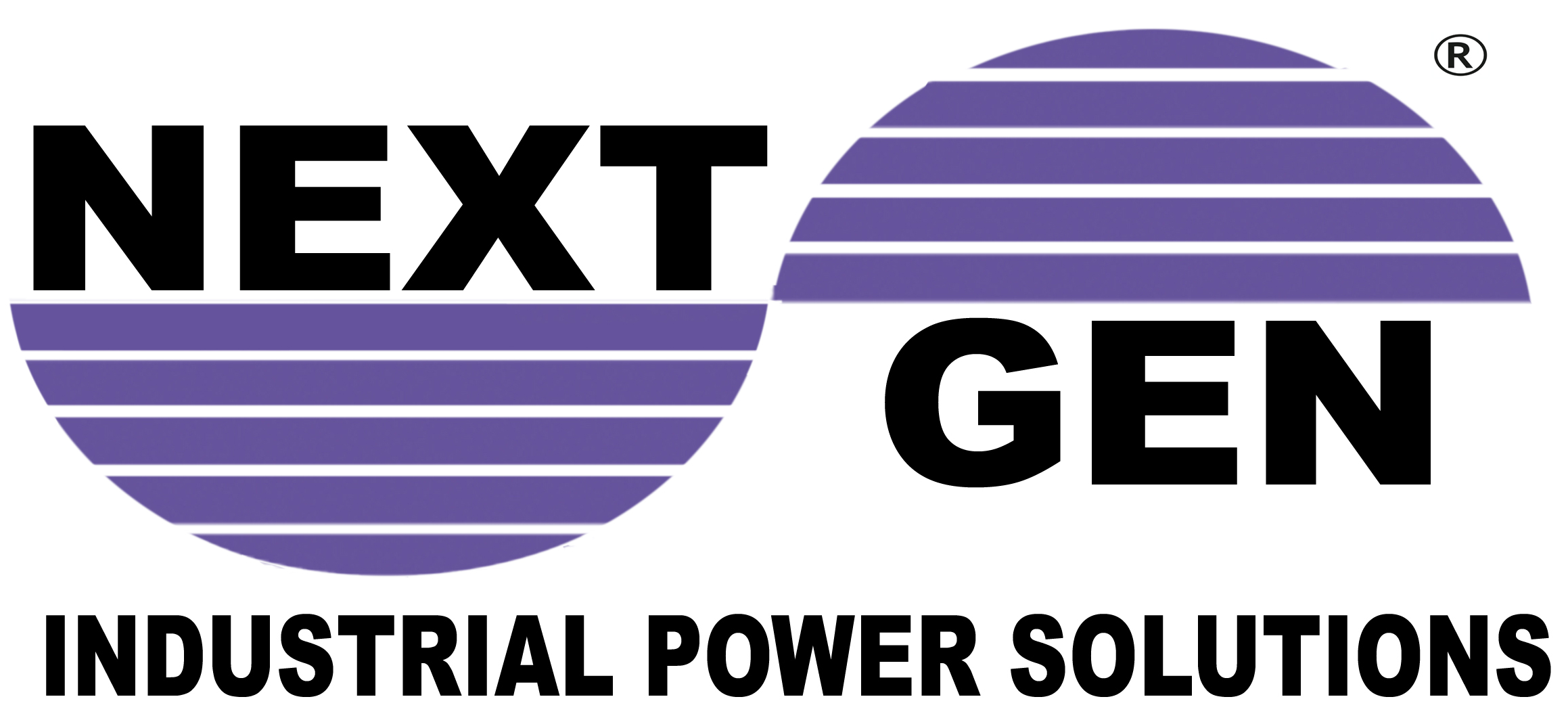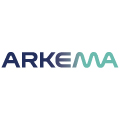Foam, Formulas, & Funnel


Spray Foam Magazine – Late Summer 2025 – I’ll be honest—when I first heard about using AI in our spray foam business, I was skeptical. We’re contractors, not tech companies. But after implementing these systems at Beyond Group over the past year, I’ve seen firsthand how artificial intelligence can solve one of our industry’s biggest challenges: meeting customers where they actually want to buy.
Our work hasn’t changed—we still need site visits, precise measurements, and expert installation. But our customers’ expectations? They’ve shifted completely. Today’s property owners want control over their buying journey, and frankly, the contractors who fight this trend are losing deals to those who embrace it.
The 75% Reality: Understanding Today’s Buyer
I keep coming back to something Marcus Sheridan writes about in "They Ask, You Answer"—75% of consumers prefer a contactless buying experience. When I first read that, my gut reaction was "not in construction." But then I started watching our own customers more carefully. They were already doing the research, already trying to budget projects, already forming opinions about what they needed—all before they ever called us.
Here’s what I learned: they’re not avoiding human interaction. They’re demanding control over when it happens. Push them into a sales call too early, and you’ve lost them. Miss the window when they’re ready to talk, and you’ve lost them too. The trick is timing—and that’s where AI becomes incredibly valuable.
Making AI Work for Real Customers
Let me give you a concrete example of what customers are actually doing. Picture this: it’s 9 PM on a Tuesday, and a homeowner discovers a brown spot on their ceiling. What do they do? Most contractors assume they’ll wait until morning to start calling around. Wrong. They’re immediately on Google, trying to figure out if they need a roofer or an insulation company. They want to know if this is a $1,000 problem or a $10,000 nightmare—and they’re not going to sleep until they have some answers.
This is exactly where AI can make you stand out. While your competitors’ websites tell panicked homeowners to "call during business hours," your AI system provides immediate guidance. It walks them through diagnostic questions, helps them understand whether they’re looking at an insulation issue versus a roofing problem, and gives them realistic cost ranges.
We’ve built our AI to pull from everything—our website, social media posts, podcast episodes, case studies. It doesn’t replace our expertise; it makes our expertise available 24/7. More importantly, we capture data about what they’re really trying to solve.
Pricing & Qualification That Works
Here’s where most contractors get uncomfortable—giving customers pricing information before the site visit. I get it. Every job is different. But here’s what I’ve learned: if you don’t give them some way to budget, they’ll get frustrated and find someone who will.
We’re not talking about final pricing—that still requires professional assessment. But our AI helps customers understand typical ranges based on square footage, application type, and performance goals. We’re transparent about what factors affect final costs. Yes, some customers get sticker shock. But better to lose them early than waste time on unqualified prospects.
The transformation in our site visits has been remarkable. We’re no longer starting conversations with “Let me tell you about spray foam.” These customers already know the benefits. Now we’re talking strategy—optimal thickness, installation sequence, project timeline. Our closing rate on qualified buyers is significantly higher than traditional leads, and these customers are more collaborative throughout the process.
Using AI as Your Marketing Partner
Beyond customer interactions, AI has become our marketing team’s secret weapon. When we’re developing content for a new service area or addressing common objections, AI helps us brainstorm angles we might miss. It’s particularly useful for understanding what questions we should be answering but aren’t yet.
That said, the creative strategy still comes from us. AI might suggest fifteen content ideas, but we pick the three that align with our brand and expertise. It’s collaboration, not automation—and that distinction matters.
If you’re thinking about implementing AI, start simple. Most of us already have substantial content—websites, proposals, customer emails. AI can leverage what you’ve already created to provide consistent responses to common questions. Don’t try to automate everything at once. Pick one or two friction points where AI could help and build from there.

What’s Next for Our Industry
Look, I’m not predicting that AI will revolutionize everything overnight. Construction moves slowly, and that’s usually for good reasons. But the contractors who figure out how to meet customers in their preferred buying process—without sacrificing the expertise that actually closes deals—those are the ones who’ll dominate their markets.
We’ve always been in the business of creating better environments for our customers. Now that includes creating better buying experiences too. AI isn’t replacing the relationships that drive our business—it’s making those relationships more valuable by ensuring they happen at the right time, with the right information, between people who are genuinely ready to work together.
That’s a win for everyone involved.
Disqus website name not provided.










































